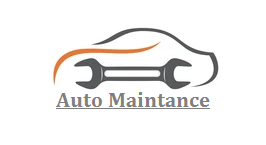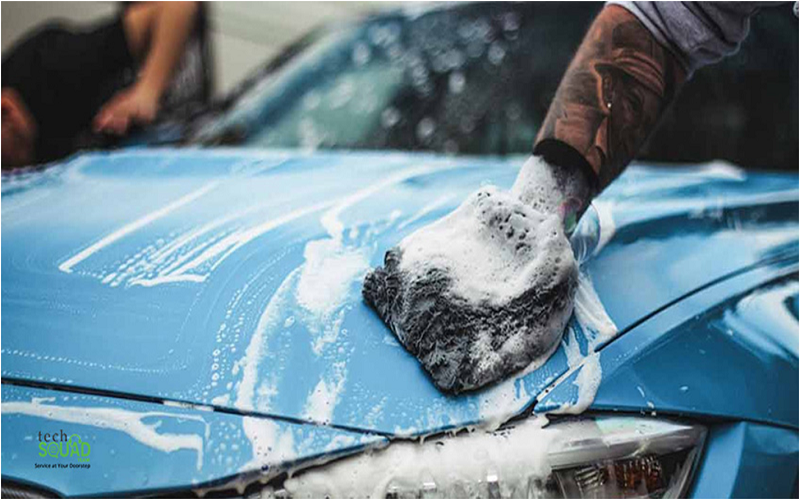The car wash industry has undergone significant transformations since the advent of the automobile. From the manual labor-intensive methods of the early 20th century to today’s automated, eco-friendly systems, car wash services have evolved to meet changing consumer demands which is an integral part of car service, technological advancements, and environmental considerations.
Early Beginnings: Manual Car Washes
The concept of car washing began almost simultaneously with the invention of the automobile. In the early 1900s, car washes were entirely manual operations. Car owners or hired help would wash cars using buckets of water, soap, and sponges. These rudimentary methods were labor-intensive and time-consuming, but they were the only options available.
The First Automated Car Wash: 1940s
The first semblance of an automated car wash appeared in 1914 when two Detroit men invented a semi-automated car wash called the “Automated Laundry.” However, it wasn’t until 1946 that the first true automated car wash, the “Robo Wash,” was introduced in Detroit. This early model involved a pulley system that moved cars through a tunnel where men equipped with hoses and brushes cleaned the vehicles.
The Rise of Tunnel Car Washes: 1950s-1960s
The 1950s and 1960s saw significant innovations in car wash technology. The development of the conveyor belt system allowed cars to be moved through a series of washing and drying stations. These tunnel car washes significantly reduced the time and labor required to clean a vehicle. Additionally, the use of pressurized water systems and automatic brushes improved the efficiency and effectiveness of the cleaning process.
The Advent of Touchless Car Washes: 1970s-1980s
By the 1970s, the car wash industry began to explore touchless systems to address concerns about potential damage to vehicles from brushes and cloths. Touchless car washes use high-pressure jets of water and specialized detergents to clean cars without any physical contact. This method not only reduces the risk of scratches and damage but also appeals to consumers looking for a quicker wash with less chance of human error.
Environmental Considerations: 1990s-Present
Starting in the 1990s, environmental concerns began to influence car wash practices significantly. Water conservation and pollution control became top priorities. Modern car washes implemented water recycling systems, which capture and reuse the water from each wash cycle, drastically reducing water consumption. Moreover, biodegradable soaps and detergents became the standard to minimize environmental impact.
Technological Innovations: 21st Century
The 21st century has seen the integration of advanced technologies into car wash services. Automated systems have become more sophisticated with the use of computerized controls and sensors. For instance, some modern car washes use laser-guided systems to ensure precise cleaning and drying.
Additionally, mobile apps and online platforms now allow customers to book services, make payments, and even receive updates on their vehicle’s status in real-time. This integration of digital technology has enhanced customer convenience and streamlined operations for car wash businesses.
The Rise of Mobile and Waterless Car Wash Service
In recent years, there has been a growing trend towards mobile and waterless car washes. Mobile car wash services bring the car wash to the customer’s location, offering unparalleled convenience. These services often use eco-friendly, waterless products that clean and polish the car without the need for rinsing. This method is particularly popular in urban areas where access to water and space for traditional car washes is limited.
The Future of Car Wash Services
Looking ahead, the car wash industry is poised for further innovation. Advances in artificial intelligence (AI) and robotics are expected to play a significant role. AI can optimize water and detergent usage, enhance the precision of cleaning processes, and even provide predictive maintenance for car wash equipment.
Sustainability will continue to be a driving force, with ongoing improvements in water conservation and the use of environmentally friendly products. Furthermore, the integration of renewable energy sources, such as solar power, into car wash operations is likely to become more prevalent.
In conclusion, the evolution of car wash services reflects broader technological advancements and shifting consumer priorities. From manual washes to highly automated, eco-friendly systems, the industry has continually adapted to provide more efficient, convenient, and sustainable solutions for keeping vehicles clean. As technology and environmental consciousness continue to evolve, the car wash industry will undoubtedly keep pace, offering innovative solutions that meet the needs of the modern consumer.

